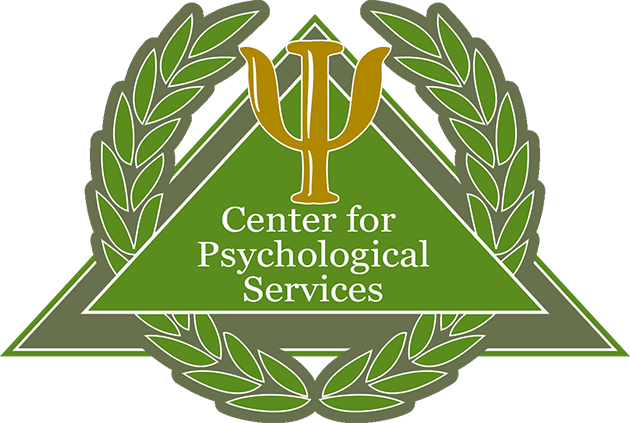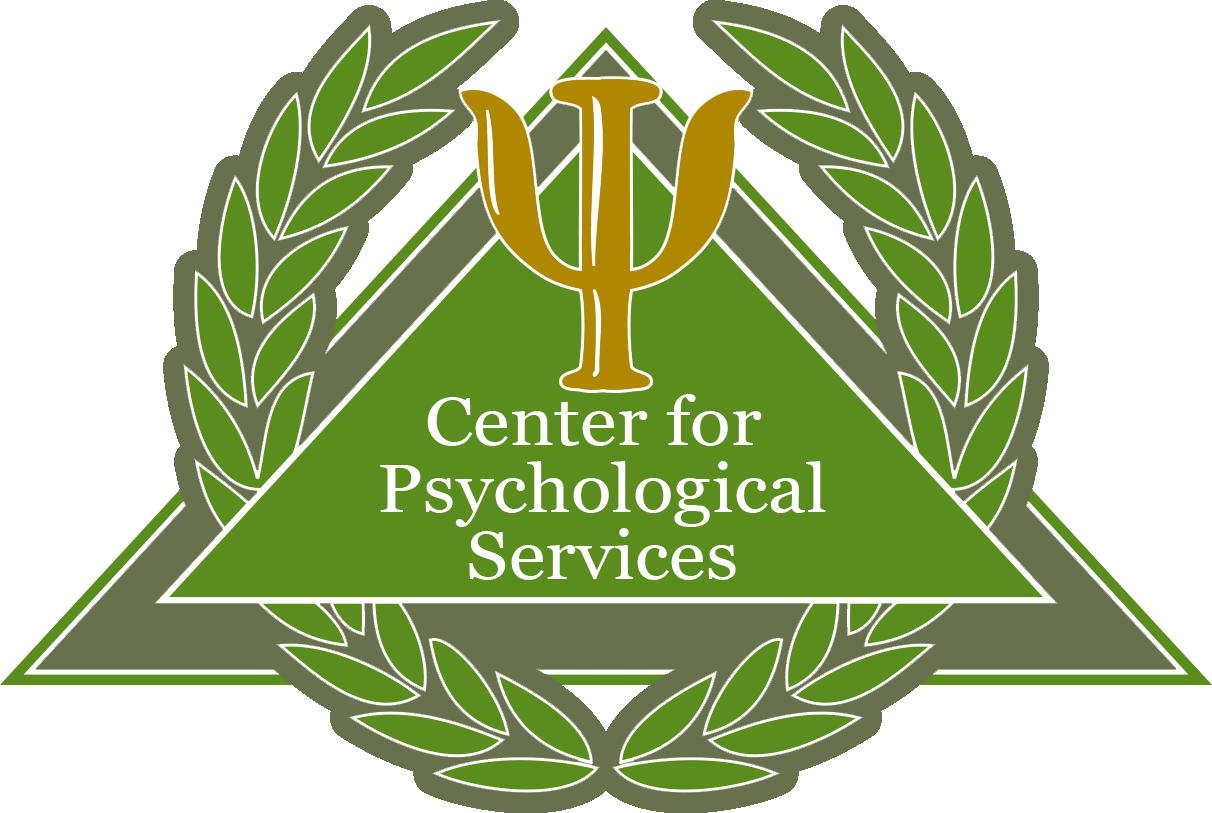Contact Us Today for a
Confidential Consultation
(509) 737-9009
6816 W. Rio Grande Ave.,
Suite D
Kennewick, WA 99336
Psychotherapy
Dr. Kenneth Cole practices therapy from a Client-centered perspective, which holds fundamental assumptions about individuals and the therapeutic process; the actualizing tendency and the self-authority of the client. Client-centered therapy is focused on individual differences and not predicated on an authoritative therapist doing something to the client that is predetermined by the therapist. Practice, theory and research make it clear that the client-centered approach assumes a basic trust in the person and on the actualizing tendency present in every person’s tendency to grow, to develop, to realize their full potential. This approach to psychotherapy trusts the constructive directional flow of the human being toward a more complex and complete development. It is this directional flow that client-centered therapy aims to release.
A summary of client-centered therapy can be stated as follows:
1. There is one motivating force in a client; i.e., the actualizing tendency.
2. There is one directive to the therapist; i.e. to embody the attitudinal quality of genuineness and to experience empathic understanding from the client’s unique internal frame of reference and to experience unconditional positive regard towards the client.
3. When the client perceives the therapist’s empathic understanding and unconditional positive regard, the actualizing tendency of the client is promoted.
Five decades of psychotherapy outcome research now clearly identify the factors that contribute to successful client outcome. The client/therapist relationship and the client’s internal and external resources account for seventy-percent of success (Duncan, Hubble, & Miller, 1997). These are the variables that are the foundation of Client-centered therapy.
Many therapists maintain the belief that the therapist is the expert who appropriately intervenes to help the client resolve problems. Client-centered therapists believe that the client is his or her own best expert about his or her life. The client-centered therapist does not intervene and has no intention of intervening directionally into an individual’s life. The basic position is that the therapist trusts the actualizing tendency of the client and sincerely believes that the client who experiences the freedom of a fostering psychological climate will resolve his or her own problems. Client-centered therapy is based on the assumption that the actualization potency of the client can only be fully realized if the client trusts that the therapist will not impose their own ideas of what is best upon the client. The client must make those decisions for themselves in order to attain truly substantive and long-lasting personal change.
Download .pdf’s of necessary forms and/or information below.
PSYCHOTHERAPY
Minor Client Information (.pdf)
Adult Client Information (.pdf)

